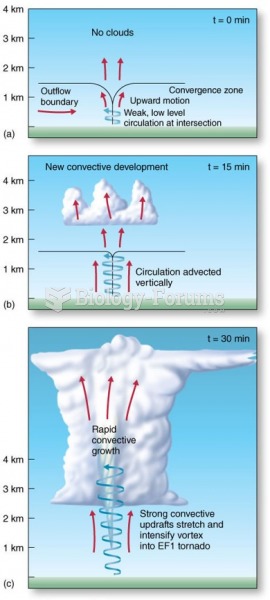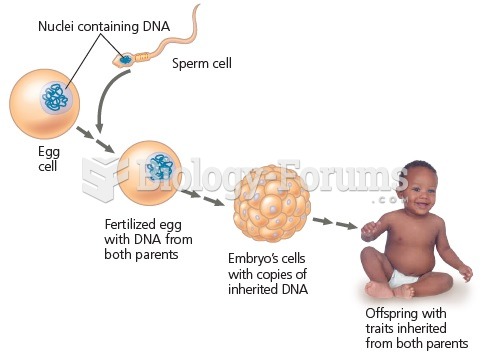Answer to Question 1
Classical Theory--late 1800s to early 1900s
o pioneers of the theory were Frederick W. Taylor, Max Weber, Frank and Lillian Gilbreth, and Henri Fayol
o basic tenets of the theory: 1) one best way to do each job; 2) one best way to put an organization together; 3) the organization should be arranged in a rational and impersonal manner
o Fayol's principles--division of work, authority and responsibility, discipline, unity of command, unity of direction, subordination of individual interest to general interest, remuneration of employees, centralization, scalar chain, order, equity, stability of personnel, initiative, and esprit de corps
o criticized as being too mechanistic and not recognizing differences of people and organizations
Human Relations Theory--1920s through 1950s
o introduced behavioral sciences to organizational theory, view the organization as a social system
o recognize the existence of the informal organization
o employee participation in decision making seen to yield positive effects on productivity and morale
Systems Theory--1950s to current date
o the organization is viewed as a set of interdependent parts that work together to achieve a common goal
o a change in part of the system affects other parts
o organizations are open systems and interact with various elements in the environment
o the working together of members of the team often yields a total product that exceeds the sum of the parts
Management Science--combines some of the ideas from classical and human relations
o emphasizes research on operations and use of quantitative techniques as aids in decision making
o uses computer technology, mathematical models, and a variety of quantitative tools
Contingency--managerial activity should be adjusted to suit the situation
o dependent on viewing the organization as a system
o individual motivation may be influenced by factors in the environment
o managers must adjust their leadership behavior to fit the particular situation
o structure of the organization must be designed to fit the organization's environment and the technology it uses
Answer to Question 2
room service requires equipment that can produce small amounts of food in a shortest amount of time; delivery carts need to be designed so that a small number of patients are served at any one time; the work station needs to be designed efficiently to allow workers to produce the food in the quickest time







